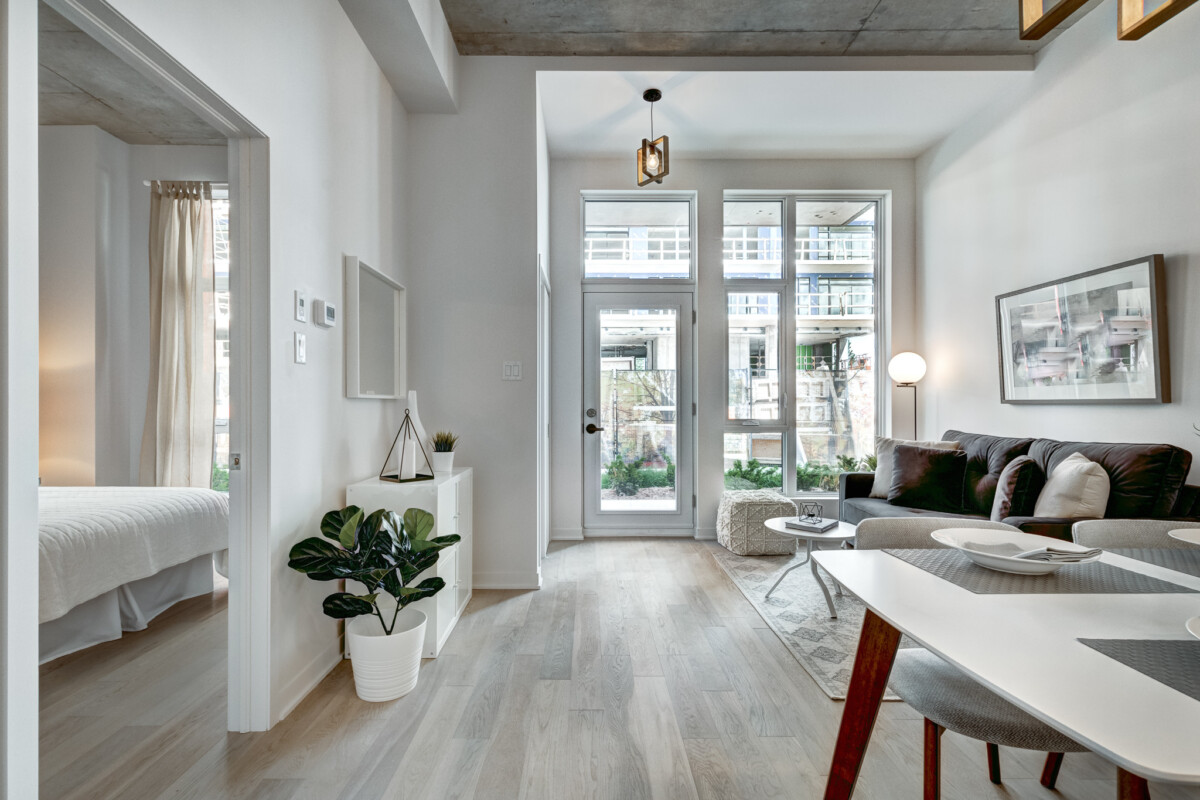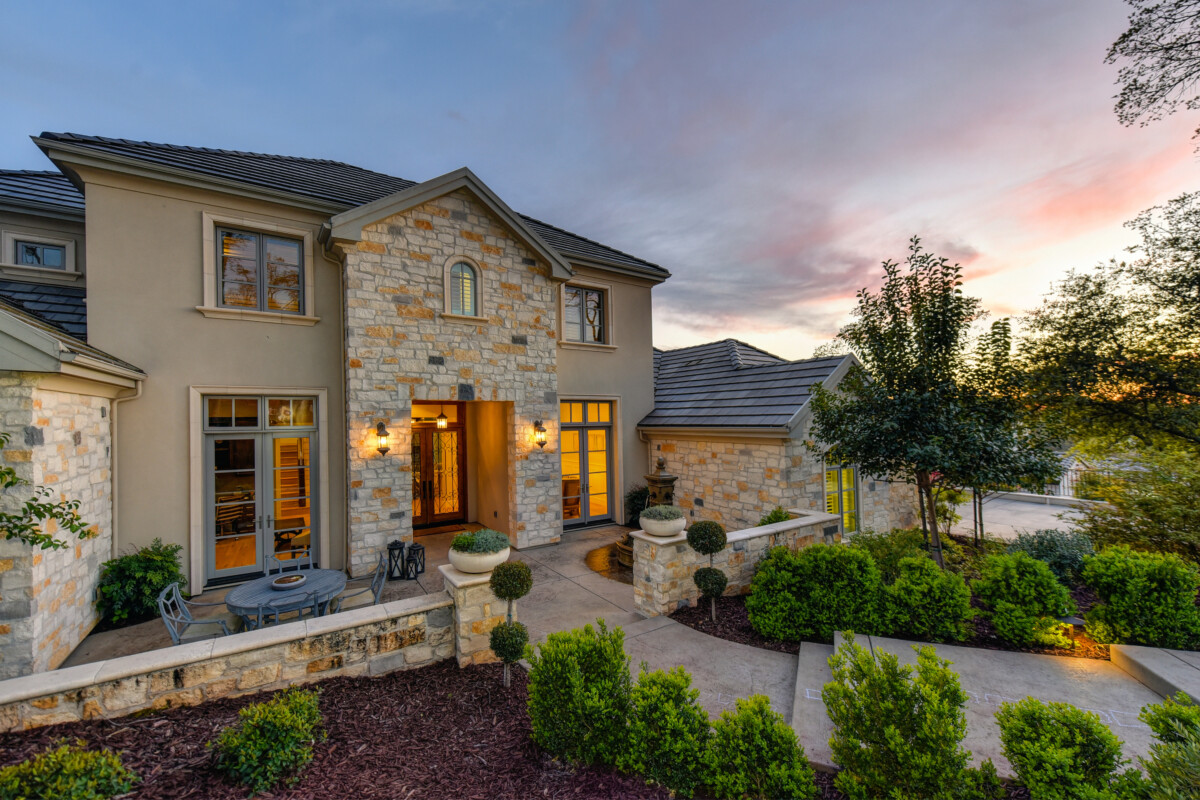
Buying a home is monumental, and the decision is often accompanied by whether to purchase a starter home or a forever home. Each option has unique advantages and challenges, and the best choice depends on your financial situation, lifestyle, and long-term goals. Let’s delve into the differences between starter and forever homes to help you make an informed decision.
What is a Starter Home?
A starter home is typically a smaller, more affordable property that first-time buyers purchase as their initial entry into the housing market. These homes are often modest in size and may lack some of the features of a dream home, but they offer a stepping stone toward homeownership and future financial growth.
Pros of a Starter Home:
- Affordability:
- Starter homes are usually less expensive, making them more accessible for first-time buyers. Lower purchase prices mean smaller down payments and potentially lower monthly mortgage payments.
- Investment Potential:
- Buying a starter home allows you to build equity. Over time, as you pay down your mortgage and property values increase, you can leverage this equity to buy a larger home.
- Flexibility:
- Starter homes offer flexibility, especially if you anticipate changes in your personal or professional life. They allow you to live in different neighborhoods and understand what you want in a forever home.
Cons of a Starter Home:
- Limited Space:
- Starter homes may need more space for growing families or extensive storage, leading to the need for a future move.
- Less Customization:
- These homes may have some of the features or finishes you desire, potentially requiring renovations or updates.
What is a Forever Home?
A forever home, or long-term home, is a property you plan to live in indefinitely. These homes are often larger and have more amenities and features that align with your long-term lifestyle and family needs.
Pros of a Forever Home:
- Long-Term Stability:
- A forever home provides stability and continuity, allowing you to settle in a community, build relationships, and create lasting memories.
- Customization:
- You can invest in customizations and upgrades without the concern of moving soon. This home is tailored to your preferences and lifestyle.
- Cost Savings Over Time:
- By avoiding multiple moves, you save on moving costs, realtor fees, and the hassle of house hunting every few years.
Cons of a Forever Home:
- Higher Initial Cost:
- Forever homes typically require a more significant financial commitment upfront, with higher purchase prices and potentially more significant down payments.
- Commitment:
- Committing to a forever home means knowing the location, neighborhood, and long-term plans. Any substantial changes in your life could complicate matters.
- Maintenance and Upkeep:
- Larger homes have higher maintenance and utility costs, which should be factored into your long-term budget.
Which Option is Better?
Choosing between a starter home and a forever home depends on your current circumstances and plans. If you are early in your career, have limited savings, or anticipate changes in your life, a starter home might be the best choice. It allows you to enter the housing market, build equity, and maintain flexibility.
Conversely, investing in a forever home could be more suitable if you are financially stable, have a clear long-term vision, and desire stability. This option provides the comfort of settling down and personalizing your space to meet your lifestyle needs.
Conclusion
Both starter homes and forever homes have their benefits and drawbacks. Assess your financial situation, plans, and personal preferences to determine the best path for your homeownership journey. Whether you choose a starter home or a forever home, the goal is to find a place that meets your needs and helps you build a secure and happy future.

















